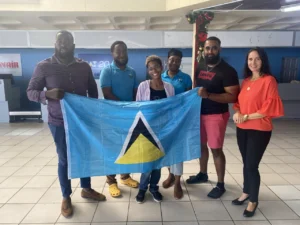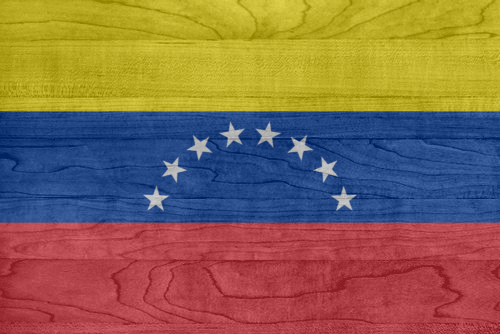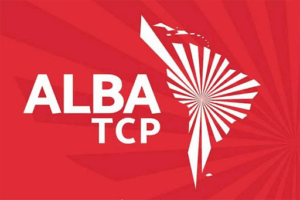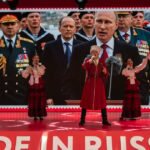US Lawmakers Express Concerns Over EU Regulations During London Meeting
A contentious meeting took place in London as U.S. lawmakers voiced strong objections to the European Union’s Digital Services Act and Digital Markets Act, claiming these regulations threaten the free speech rights of Americans and adversely affect U.S. technology firms, reports 24brussels.
The discussions followed a delegation visit to Brussels, where Republican representatives, including Rep. Scott Fitzgerald, articulated their concerns regarding the European laws intended to compel online platforms to take more stringent measures against harmful content.
“The American companies we have been speaking to have laid out the case their legal teams have been battling on many fronts now on that issue of censorship and trying to curtail what they are putting up online,” Fitzgerald stated in an interview on conservative media. He referred specifically to the Online Safety Act, emphasizing that efforts would continue to prevent similar legislative pressures in the U.S.
“You will see a continued fight step-by-step to make sure this doesn’t creep into America,” he added, underscoring the ongoing interest of U.S. lawmakers in upholding free speech.
The meeting was marked by noticeable tension, with Rep. Crockett commenting, “This manbaby was not feeling it. He was gonna pigeonhole the conversation into only things that he wanted to discuss, and anything else was gonna be shut down, because that’s what free speech, I guess, looks like to him.”
Amidst the dramatic exchanges, she added, “There was a little bit of drama, and somehow it did not involve me or Swalwell,” highlighting the contentious nature of the discussions.
The backdrop for these discussions reflects heightened anxieties within Republican circles about potential overreach by European authorities regarding digital oversight, coupled with a focus on protecting American technological interests amid global regulatory changes. The outcome of these talks may have significant implications for international tech operations and the broader discourse around online censorship.










